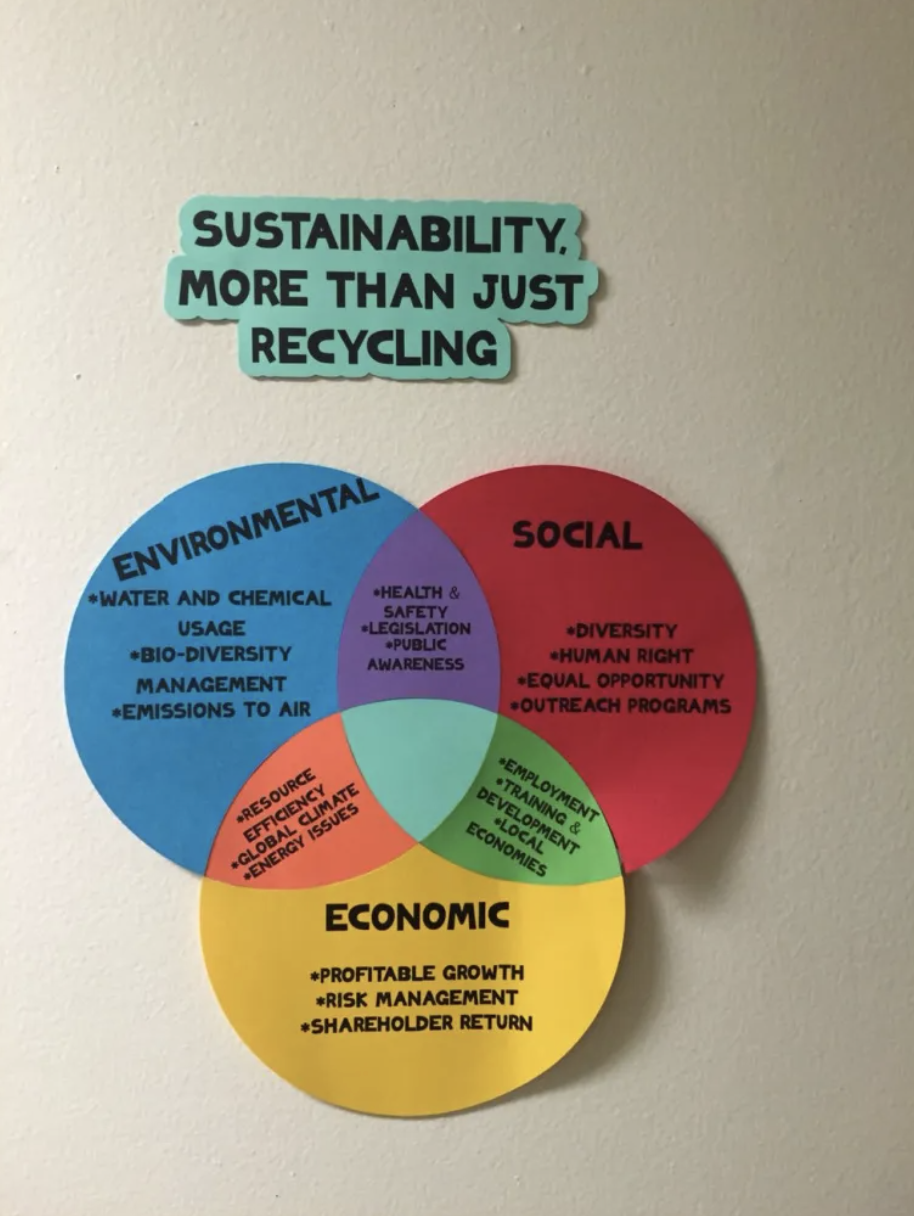By Syafiqah Yusoof
A transdisciplinary approach is becoming increasingly recognized as a viable strategy for sustainable development in a society troubled by intricate environmental, social, and economic issues.
It encourages experts and practitioners from diverse disciplines such as science, technology, policy, economics, and social sciences to work together, acknowledging that no single discipline holds all the answers.
By pooling expertise from different fields, a deeper understanding of complex issues can be achieved. For example, scientists, policymakers, and community representatives collaborating on climate change initiatives can develop well-rounded mitigation strategies, assess socio-economic impacts, and effectively engage local communities.
The approach also places a strong emphasis on stakeholder involvement. By including community members, businesses, nongovernmental organisations (NGOs), and policymakers throughout the decision-making process.
This participatory aspect leads to more inclusive and context-specific solutions, increasing the likelihood of successful implementation and long-term sustainability.
In addition, the transdisciplinary approach nurtures innovation by encouraging creative problem-solving techniques. The combination of expertise from different disciplines often leads to novel insights and solutions.
Innovative and actionable answers to our most serious sustainability concerns can be found through this method because it crosses disciplinary barriers, encourages cooperation, and values multiple perspectives.
While challenges exist, including effective communication and overcoming institutional barriers, the adoption of the transdisciplinary approach in sustainable development applications is gaining momentum.
Governments, international organizations, and research institutions are increasingly promoting cross-sectoral collaborations and investing in transdisciplinary projects.
By embracing the transdisciplinary approach, society can address interconnected challenges such as climate change, biodiversity loss, and poverty alleviation more effectively. As we strive for a sustainable future, this collaborative and inclusive approach serves as a powerful catalyst for positive change.
As we navigate a rapidly changing world, adopting the transdisciplinary approach becomes imperative in building a resilient and sustainable future for all.***
